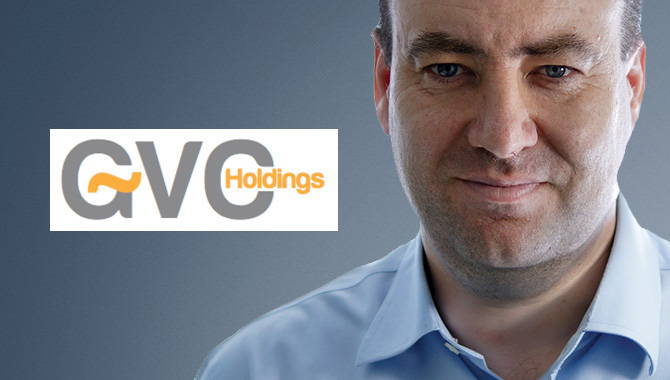GVC Prepared Bid for Ladbrokes-Coral but Talks Have Broken Down, Say Sources
Posted on: December 12, 2016, 06:00h.
Last updated on: December 12, 2016, 05:45h.

Reports late Friday that GVC had prepared a £3.2 billion ($4 billion) reverse takeover bid for Ladbrokes-Coral were followed almost as quickly over the weekend by suggestions that negotiations had collapsed.
According to sources close to the UK’s Financial Times, GVC was said to have put together an ambitious bid, similar to last year’s acquisition of bwin and its assets, including Party Poker. GVC ultimately won a protracted bidding war against 888 Holdings with a $1.6 billion offer for bwin, which was paid for mostly in shares.
While neither GVC nor Ladbrokes-Coral has made any statement on the situation, it’s likely that a deal would have proved to be extremely complex, considering both companies are already going through a period of restructuring and integration.
Shifting Landscapes
Ladbrokes and Coral only completed their historic merger at the beginning of November, a £2.3 billion tie-in that saw the newly formed company overtake William Hill as the largest betting retailer, with 3,500 betting shops across the country.
Such is the shifting shape of the sports betting landscape. The industry is experiencing an unprecedented period of consolidation, as firms seek to save costs and achieve greater scale to help them weather increasing levels of regulation and taxation.
Ladbrokes-Coral itself, only two weeks ago, was rumored to be preparing a £2 billion-plus bid for Tabcorp, the Australia’s biggest bookmaker, which itself is negotiating a merger with its closest homegrown competitor, Tatts. In short, it’s all getting a bit promiscuous.
William Hill Planned GVC Coup
In another twist, the Financial Times also revealed that William Hill had been mulling the idea of buying GVC during an unsuccessful attempt to headhunt its CEO Kenny Alexander. The company has been without a CEO since James Henderson was ousted by the board, apparently for his failure to turn around the disappointing results of the company’s digital arm.
William Hill has been unsuccessful in its pursuit of consolidation thus far, having been rebuffed in its takeover attempt of 888 when the latter’s biggest shareholder refused to sell.
It then became the subject of a takeover attempt of its own when 888 joined forces with the Rank Group to bid for the company just weeks after Henderson’s departure.
William Hill testily rebuffed those advances, branding them “opportunistic.” A subsequent proposed “merger of equals” between Hill and Amaya fell through in the midst of a shareholder revolt.
Meanwhile, the bookmaking industry in the UK is anxiously awaiting the results of the government’s regulatory review into FOBTs, which could result in a reduction of the maximum stakes of the controversial machines.
One analyst recently estimated that if the government chooses to drop the maximum stake to £40, from £100, the profitability of betting shops could fall by 33 percent as a result.
If, as some politicians are suggesting, max-stakes are reduced to just £2, expect more industry consolidation to come, however complex the deal.
No comments yet